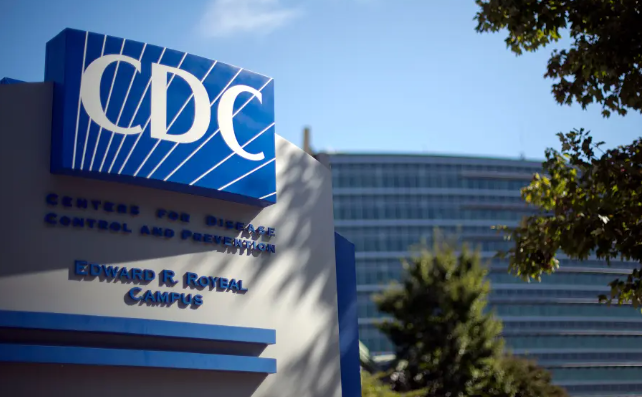The Centers for Disease Control and Prevention is on high alert due to a rapidly spreading and lethal variant of the monkeypox virus.
The World Health Organization reports that the strain of the virus leading to the severe illness referred to as mpox claims the lives of approximately 10% of those who contract it.
“The virus variant is known to be more virulent. If it adapts better to human-to-human transmission, that presents a risk,” Rosamund Lewis of the WHO’s mpox surveillance team said.
In the previous year, a milder form of the monkeypox virus, identified as Clade II, circulated globally. Over 31,000 individuals in the United States received a diagnosis of mpox during the outbreak, resulting in 55 fatalities.
Presently, health authorities in the Democratic Republic of Congo have reported the swift dissemination of the more lethal Clade I subtype of the virus. The infection has reached 22 out of the country’s 26 provinces.
Up to this point, there have been no documented instances of the Clade I monkeypox virus in the United States. However, the CDC is advising physicians to remain vigilant for any signs of the disease, which can be transmitted through sexual or household contact, as well as in healthcare environments where bodily fluids are present.
Mpox is an illness resulting from the monkeypox virus, transmitted through intimate physical contact among individuals.
Typically, the infection doesn’t lead to severe sickness, but it can be intensely painful and, in certain instances, may necessitate hospitalization or result in fatality. Besides humans, the virus can be carried by animals such as squirrels, rats, monkeys, other primates, prairie dogs, hedgehogs, pigs, and mice.
Indications of mpox encompass rashes, nodules, or sores on or near the genital region, as well as other areas like the hands, feet, chest, or face. Additionally, an mpox infection may prompt flu-like symptoms, including fever, headaches, muscle discomfort, chills, and fatigue. These symptoms might manifest before or after the rash emerges, or they may not manifest at all.
A secure and efficient vaccine is accessible; nevertheless, the CDC cautions that vaccination rates in the United States are suboptimal. Merely one out of every four eligible individuals has completed the two doses necessary for comprehensive protection.
From the beginning of this year, the Democratic Republic of Congo has documented over 12,500 instances of mpox and nearly 600 presumed fatalities linked to the virus.
The CDC is advising healthcare professionals to contemplate mpox as a potential cause when examining the origins of rashes. While the illness can impact anyone, sexual contact—particularly among men who have sex with men—has been identified as the predominant mode of mpox transmission. Severe instances and fatalities are possible, with young children and individuals with compromised immune systems being more susceptible to severe manifestations of the disease.








